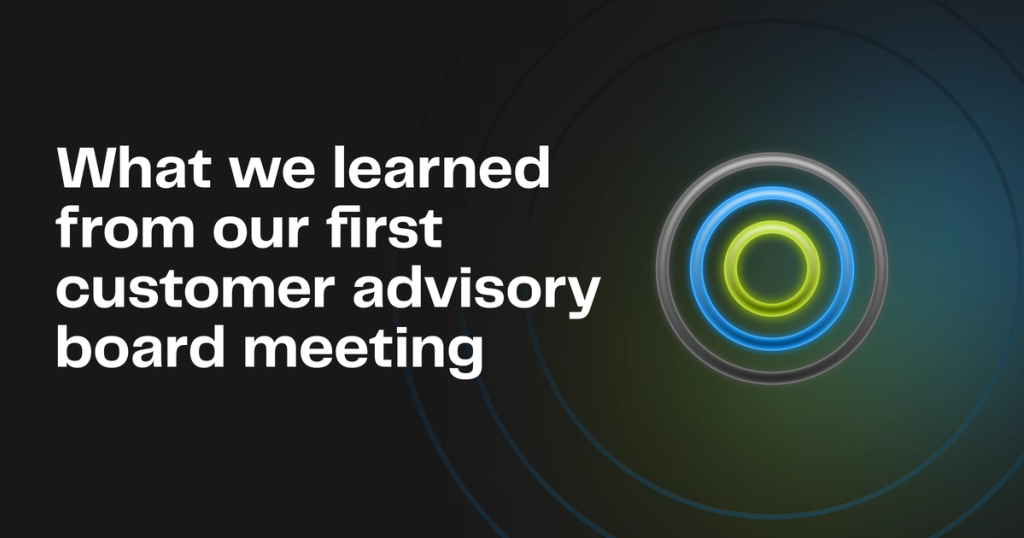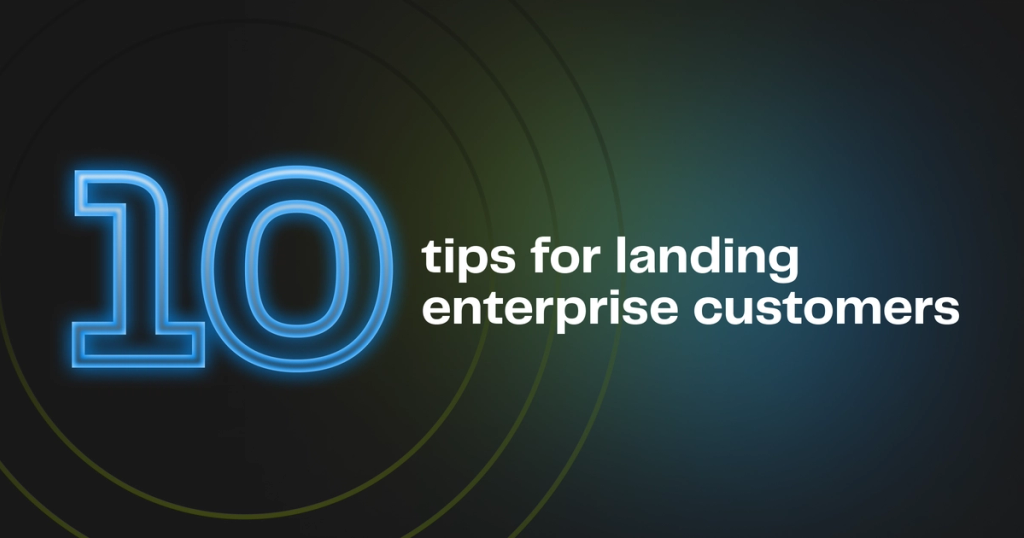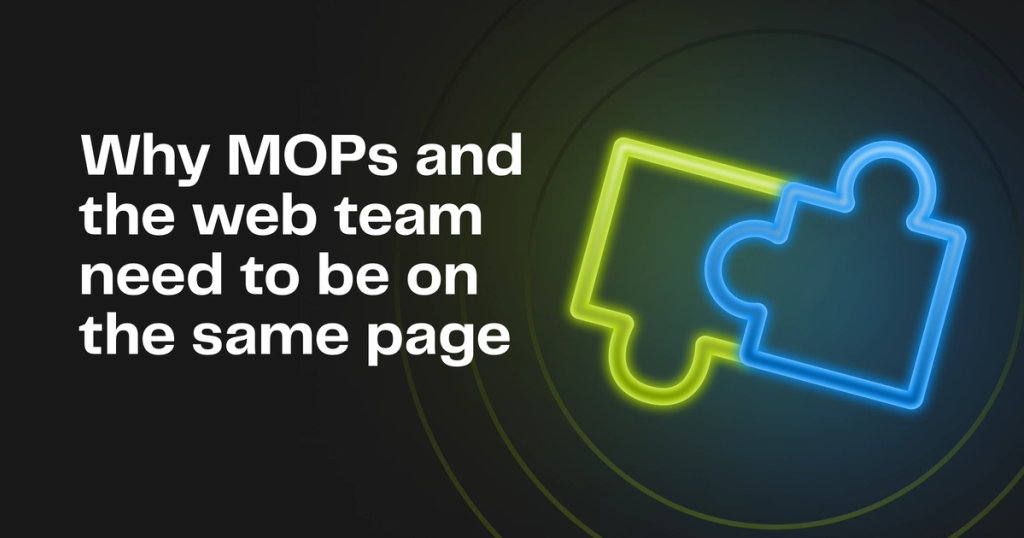Blog
Why ‘family and friends’ financing is a bad idea

Summary - Learn why friends and family financing breaks personal-business boundaries and jeopardizes support networks. Explore alternative financing options.
It’s not uncommon for startups to turn to family and friends when looking for an early infusion of cash.
After all, these are the people closest to us. They want us to succeed, right? And didn’t Jeff Bezos start Amazon with funding from his parents?
Besides, who else are we going to ask if the banks say ‘no’ – or at least, ‘not yet’?
As appealing as family and friends financing sounds, I think it is a very bad idea – no matter how much you think you need the money.
Here’s why:
It puts unneeded stress on the founders
Creating a startup is a very stressful undertaking. There is enormous pressure to make a go of it.
I firmly believe that taking money from family and friends adds a level of stress that founders don’t need. Suddenly, it’s not about our own money, or the bank’s. It’s about Mom and Dad’s retirement fund, or the money Cousin Sally was putting aside to buy a house, or the savings Grandma was going to use to help your sister go to university.
And because you’ve taken their money, it’s now all on you to make good on that investment.
Do you really want that burden on top of everything else?
I believe that a lot of new businesses fail because the founders have too much pressure on them. The pressure leads them to make decisions that might not be in the best of interest of the business.
Worrying about your family and friends’ investment in your business on top of everything else will be a distraction you don’t need.
It breaks the firewall between your personal and business lives
When you take money from your family and friends to get your business going, you transform a personal relationship into a financial one. The people nearest and dearest to you now have a stake in your business, and expectations as to the future of their investment.
They’ll remind you of that every time you talk to them. At every family gathering or pub night, you’ll be on the hot seat. Your new investors will pepper you with questions about how the business is doing. And if by some chance they keep quiet, the burden of responsibility for their money won’t go away. You will feel the weight of questions unasked.
In other words, you will feel you can never escape work.
This is a huge deal.
I feel very strongly that there has to be a firewall between your work self and your personal self. (I try to never talk about business with family and friends unless they ask me.)
Entrepreneurs always have business on their minds, so it’s important to have time when they can just be themselves, without the added pressure of worrying about work.
By accepting money from family and friends you break the firewall. There is no more refuge from work, no chance for a mental rest.
That’s not a good thing.
It undermines your support network
People love success and success stories. No one talks much about failures.
But before taking money from family and friends, consider this: As an entrepreneur, who are you going to turn to if things don’t go well? The answer: family and friends.
But will those family members and friends be able to offer comfort and solace if they too have lost a wad of cash because of your business failure?
If you take money from them, you run the risk of losing the people you need the most in a crisis.
It gives your family and friends licence to tell you how to run your business
So you’ve taken money from your family and friends; has it ever occurred to you that they might want a say in how you run your business?
Will you let them?
And how will they feel if you ignore their suggestions, however well-meaning?
When you take money from a bank or from investors, there are legal parameters around that investment – contracts that specify who does what, who is responsible for what, and how debt obligations are discharged.
It’s also worth noting that there are different categories of investment – from a lender, who generally does not have a say in how you run your business, to a shareholder, who does.
Unfortunately, entrepreneurs taking cash from family and friends often neglect to set legal parameters framing expectations and obligations.
Both TD Bank and Charles Schwab warn of taking money from family and friends without making expectations clear. That usually means getting lawyers involved, and being explicit about whether the money is a gift, a loan or an investment. (Do your family and friends have an expectation of getting a quick return on their investment? In my book, that’s a recipe for disaster.)
As TD Bank says, “family or friends who provide you a loan or cash gift may feel that they are now part of your business and have the right to make or influence business decisions.
“Before you accept that loan or gift, make sure you fully discuss any future involvement in your business. Not agreeing on those expectations up front may lead to relationship issues later.”
It adds an unneeded emotional component to decision-making
I still recall my mother’s reaction when I told her how much I paid for my first condo.
“Oh, that’s so much money!” she said.
And just like that, I had a knot in my stomach.
It wasn’t that I had overspent; I had made a considered and rational decision using criteria that were not my parents’. But that didn’t keep me from having an emotional reaction to my mother’s comment.
Family relationships are all about emotions. Parents sometimes have the ability to lay a guilt trip on you without saying a word.
A lot of decision-making in business relies on gut instinct.
Nothing will clog up your instincts more than having people you care about questioning your decisions.
It exposes your family and friends to unnecessary risks
Startups have very high failure rates – upwards of 90%, according to this recent article in Forbes magazine. Are you ready to deal with the possibility that you will be responsible for wiping out your family and friends’ savings if your business tanks?
Family and friends are generally not professional investors. They will probably not ask all the questions one would normally ask to assess the risk of their investment. Unlike a professional investor, they will invest because they believe in you, not your business.
If you ask them for money, they will feel a lot of pressure to give it to you. Even if the bank has turned down your request for a loan. And even if they don’t have a clear idea of what your business does.
Do you really want that?
Other financing options are available
First-time entrepreneurs don’t have people falling over themselves to invest in their business; that’s probably what makes a family-and-friends financing round seem attractive.
But the BDC, Canada’s Business Bank, notes that there are six other sources of startup financing: your own money; venture capital; angel investors; business incubators; government grants and subsidies; and bank loans.
I don’t think entrepreneurs make enough of an effort to get to know all the options available to them (they usually have a few other things going on!).
I also think they feel it’s easier to pitch to people they know, especially since those people are quite likely to give them money. But taking money from family and friends comes at a price. That’s why I strongly recommend doing everything you can to avoid that option.
That may mean thinking outside the box when looking for financing.
For example, when Knak was getting going, we found ourselves needing a relatively small amount of money ($15,000) to build an initial prototype and begin marketing the company and our new product.
I was fortunate to be able to borrow the money from another company I was already running (Revenue Pulse). That was all I needed to get going.
Some people worry about having to pay interest on a bank loan; my feeling is, ‘Who cares!’ The interest on a loan is a small price to pay to avoid a strained relationship with loved ones – not to mention extra stress on the entrepreneur. Anything you can do to avoid stress will help.
You can sometimes work things so you don’t need financing.
One possibility is starting your business on the side. In other words, you don’t quit your day job while getting your startup on its feet.
That’s what I did. I started my first company while I was still employed in a regular job.
At first I worked on the new venture before or after work. Then I started taking regular days off from work to develop the new business. It was all about mitigating risk and keeping the pressure low.
What you can do will depend on your personal circumstances.
For example, someone who has a supportive spouse with a regular income may be able to quit their day job sooner. Someone with small children may not be able to find time in the morning or at night to develop a new venture.
There are a lot of variables at play, and it’s important to be able to take advantage of anything that allows you to get a business going without looking for an infusion of cash.
It’s also about your comfort level. Some entrepreneurs mortgage their homes or max out their credit cards, but not everyone can handle that level of risk and pressure.
Just remember that even though many startups do get funding from family, friends or associates (up to 40 per cent according to some estimates), you don’t have to follow suit. It might take you longer to get where you want to go, but I think it’s worth it to avoid going the friends-and-family route.
You can ask for something other than money
Money is not the only thing of value a budding entrepreneur needs. So whether it’s you asking for a hand, or family and friends eager to help out, consider non-monetary forms of assistance.
Maybe a family member can lend you a garage or basement in which you can start your business. Maybe a friend can look after your kids one night a week so you can work on a business plan. Whatever the case, remember that help comes in lots of forms. Just remember to make it reasonable and time-limited.
Remember also that you can say no. You can refuse to take money if offered, and you can refuse to give money if asked. (Charles Schwab offers advice on how to say no.)
It’s natural for family and friends to want to help you, and it’s natural for you to want to help them. Many entrepreneurs fantasize about how their startup will become another Amazon, making investors rich in the process.
But here’s one final thing to keep in mind: If it should happen that you do become a big success, your family and friends don’t have to have invested in your company to benefit from that.
I like to think that if things work out well for Knak, I will share my success with those nearest and dearest to me.
And I’ll be doing so because I want to, not because I’m legally obligated to repay a loan.

Author
Co-Founder & CEO, Knak
Pierce is a career marketer who has lived in the marketing trenches at companies like IBM, SAP, NVIDIA, and Marketo. He launched Knak in 2015 as a platform designed to help Marketers simplify email creation. He is also the founder of Revenue Pulse, a marketing operations consultancy.







